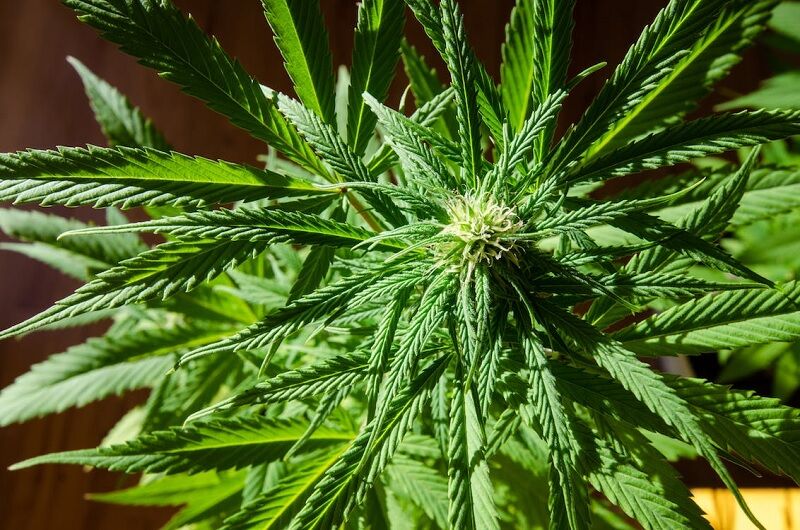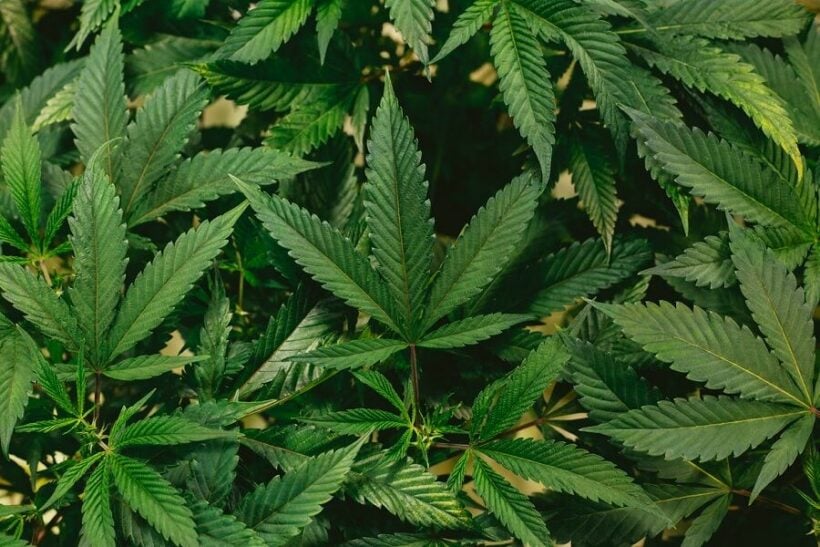Cannabis uncovered: Mental health benefits and beyond

Cannabis, often seen through a lens of controversy, has a complex relationship with mental health. As its use becomes more widespread, understanding its impact is crucial. For some, it’s a harmless way to unwind, but for others, especially the young and those with certain genetic predispositions, the story is quite different.
What is cannabis?
You’ve probably heard quite a bit about cannabis, especially regarding its influence on mental well-being. But what exactly is it? At its core, cannabis refers to a group of three plants renowned for their psychoactive properties: Cannabis sativa, Cannabis indica, and Cannabis ruderalis.

Once the flowers of these plants are harvested and dried, you’re left with what many around the globe recognize as weed, cannabis, pot – call it what you will. It’s a substance that’s not only steeped in cultural significance but also subject to extensive scientific scrutiny, particularly in regions where its use, like in Thailand, is emerging in discussions about mental health and therapy.
How does cannabis work?
When you consume cannabis, THC, the main psychoactive compound, enters your bloodstream, eventually reaching your brain. This interaction sparks various psychoactive effects. Contrastingly, CBD, another significant compound often linked with therapeutic benefits, does not intoxicate but may influence mood and pain perception. In essence, THC binds to cannabinoid receptors in your brain, altering your normal brain communication and leading to the ‘high’.
What are the pleasant effects of cannabis?
Cannabis can induce a sense of euphoria, making you feel exceptionally relaxed and jovial. You might notice a heightened appreciation for music and colours, with everything around you seeming more vivid. This sensation, widely referred to as a ‘high’, can also make you more talkative and prone to laughter, potentially enhancing your social experiences.
What are the unpleasant effects of cannabis?
However, it’s not all positive. Cannabis can lead to hallucinations, mood swings, and in severe cases, feelings of depersonalisation or paranoia. Users often report difficulties in concentration and memory, alongside an inability to sleep well. These adverse effects underscore the importance of moderation and the potential risks associated with excessive use.
Is cannabis addictive?
While the debate continues, evidence suggests that cannabis can lead to dependency, affecting roughly 1 in 10 users. Conditions such as cannabis use disorder emerge when you find it challenging to cut down consumption despite significant social or relationship problems. This disorder, characterised by cravings and an inability to control use, highlights the addictive potential of cannabis.
Cannabis and mental health
Can cannabis affect mental health?
Understanding how cannabis interacts with your mental well-being is crucial, especially in regions like Thailand where its use for therapy is increasingly accepted. While cannabis therapy in Thailand offers numerous health benefits, it’s essential to be aware of its potential impact on your mental health.
When exploring cannabis mental health in Thailand, remember, that your experience with cannabis can vastly differ from someone else’s. Factors such as the amount and frequency of use, combined with individual health and environmental conditions, play a significant role in how cannabis affects you. For some, it might bring about relaxation and a sense of euphoria. However, for others, the outcome could be anxiety and paranoia.
The impact of cannabis on young minds
Young individuals, who regularly use high-potency cannabis, face the highest risk of encountering harm. This group is particularly vulnerable because their brains are still developing, making them more susceptible to cannabis’s adverse effects on mental health.
Psychosis and schizophrenia
What is the difference between psychosis and schizophrenia?
When diving into the effects of cannabis on mental health, particularly in Thailand where cannabis therapy provides a new frontier, it’s crucial to distinguish between psychosis and schizophrenia. Psychosis serves as a symptom rather than a long-standing illness. It manifests through a disconnection from reality, which might include seeing or hearing things that aren’t there.

In contrast, schizophrenia is a chronic condition, comprising symptoms like difficulty in expressing emotions, maintaining focus, and a distorted understanding of reality. Recent studies indicate a link between cannabis use and an elevated risk of both conditions, especially when use begins at an early age. High-potency strains of cannabis, or skunk, due to their elevated levels of THC, have shown a significant association with the development of these mental health issues.
Anxiety disorders
When exploring the impacts of cannabis on mental health, diving into the link between cannabis and anxiety disorders becomes paramount. You must grasp how this connection could play out, especially with the rising interest in cannabis therapy in Thailand. Your understanding could influence decisions about using cannabis, framing it within the broader context of mental wellness.
Depression and anxiety
An intriguing facet of cannabis use is its relationship with both depression and anxiety. Reports consistently show some individuals turning to cannabis as a self-administered form of relief from anxiety’s heavy clutches. In Thailand, where cannabis therapy is slowly gaining traction, acknowledging this self-medication trend might offer insights into consumer behaviour and potential health benefits.
Cannabis use and serious mental illness
Understanding the complex relationship between cannabis and mental health is crucial, especially if you’re considering its therapeutic benefits. Your mental well-being is paramount, and navigating cannabis use requires a nuanced approach. It’s clear that while cannabis offers potential relief for some, it also poses risks, particularly with regular or heavy use. The key is to stay informed and approach cannabis with caution, especially if you have pre-existing mental health conditions or a history of them in your family.
Adopting proactive measures can help you manage your cannabis consumption responsibly. Keeping a log, setting goals, and knowing when to take a break are all steps towards ensuring that your use remains controlled and beneficial rather than detrimental. Remember, seeking advice from medical professionals and prioritizing your mental health above all are essential steps in making informed decisions about cannabis use.
If you’re seeking clarity on the Myth versus Reality of medical cannabis, we invite you to explore our article, Myth vs. Reality: Understanding Medical Cannabis.
Latest Thailand News
Follow The Thaiger on Google News:


























